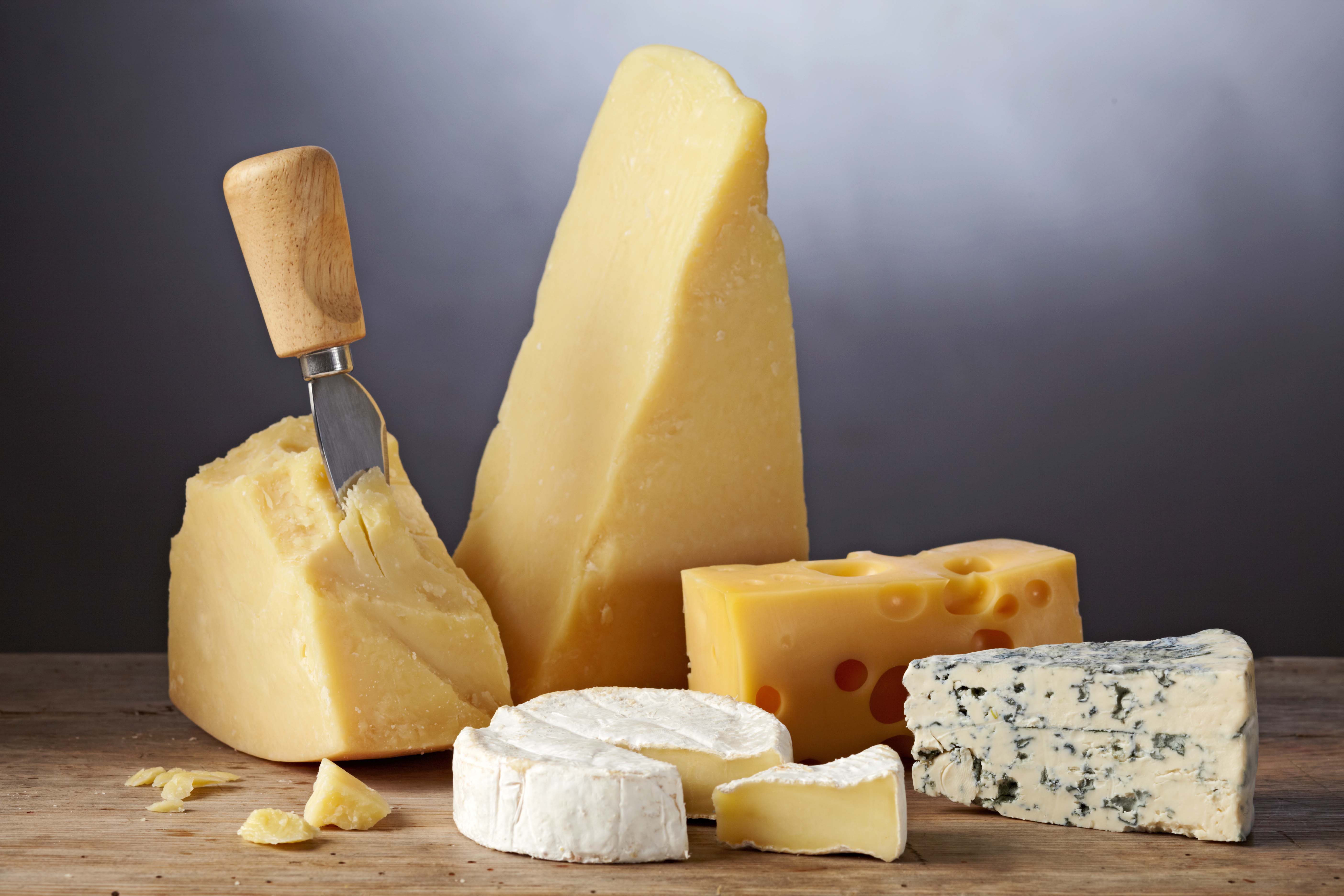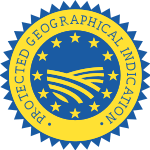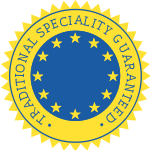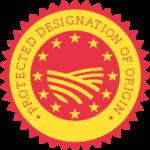Labeling foods with protected designation of origin could have hidden potential
Researchers from MAPP at Aarhus University have investigated consumer attitudes to the labeling of foods with protected designation of origin. This labeling is apparently not widely used by the Danish consumers or producers.

Are you interested in where your cheese, sausage or apple comes from, or how the commodity has been produced – or do you not care? A series of foods are labeled with protected designation approved by EU.
If a designation is protected by this regulation, it can only be used on foods or farming products originating in and/or produced in a closely defined area, or on products that have been produced with the use of traditional raw materials and/or processing methods. These designations awarded by EU are called Protected Designation of Origin (PDO), Protected Geographical Indication (PGI) and Traditional Speciality Guaranteed (TSG) and food products awarded with one of these designations is marked with a label corresponding to the type of protected designation
Are these labels used by consumers? Is there an unexploited potential for Danish producers? This is what the Ministry of Food, Agriculture and Fisheries would like to find out, and therefore asked researchers from MAPP at Aarhus University to investigate the matter. The result has been published in a new report from DCA – Danish Centre for Food and Agriculture.
Labels for protected designations
Most Danish consumers will have heard of sausages from South Jutland, herring from Bornholm and Lammefjord carrots. The words “North Sea cheese”, “marsh lamb” and “Samsø potatoes” also ring a bell for many Danes. On the other hand, very few Danish food producers have applied for protected designation, even though the designation and label could function as an indication of quality for the consumers.
To examine whether there is an overlooked potential in this area an understanding of consumer knowledge about and exposure to these labels are required. The Ministry of Food, Agriculture and Fisheries thus requested that researchers from Aarhus University to collect and summarize existing knowledge on the subject.
The researchers studied literature concerning the effect of the three European labels for protected designation on consumers and literature on producers' experiences with the labeling schemes:



The focus was primarily on countries where these labels are common. The researchers furthermore investigated the extent to which these three European labels are found on food products in Denmark.
- Knowledge and understanding of the three labels for protected designations do not seem to be particularly great – neither amongst Danish consumers or amongst consumers in countries where the labels are more common, say the authors of the report Kristina Aachmann and Klaus G. Grunert.
The use of the three protected designations by Danish producers is very limited. No studies were found evaluating the experience of Danish producers regarding application and registration, but in other countries, where more producers have applied for a protected designation, the food producers have not reported any significant barriers when it comes to registering product designations. The producers, however, seem to be skeptical towards the relevance of the European designations and their labels.
Possible unexploited potential
It is important that the consumers understand the meaning of labels found on food products. If the consumer does not understand the label for protected designation, it was found that it could actually have a negative effect and dissuade the consumer from buying the product, whereas an explained label could have a positive effect on product evaluation.
According to the report, investigations indicate that some consumers are prepared to pay 10 percent extra for foods that carry a label for protected designation if they are told the meaning of the label. A significant factor in this regard is that the consumer has a positive opinion of the place of origin.
- On the basis of the study, the three European labels for protected designation are not expected to have a significant effect on consumers food choice, but whether there is actually an unexploited potential for Danish producers in the three European labels regarding origin and traditionality, and whether Danish producers will accept the labeling schemes can only be disclosed through further studies in which the focus is on Danish consumers and Danish producers, say the authors of the report.
The investigation was financed by funds from the Ministry of Food, Agriculture and Fisheries. The report ”Food quality and quality designations in the EU”, DCA report no. 11, October 2012 can be downloaded here.
Further information: Research assistant Kristina Aachmann, MAPP Centre for Research on Customer Relations in the Food Sector, Department of Business Administration, email: kria@asb.dk, Telephone: +45 8716 5215.
